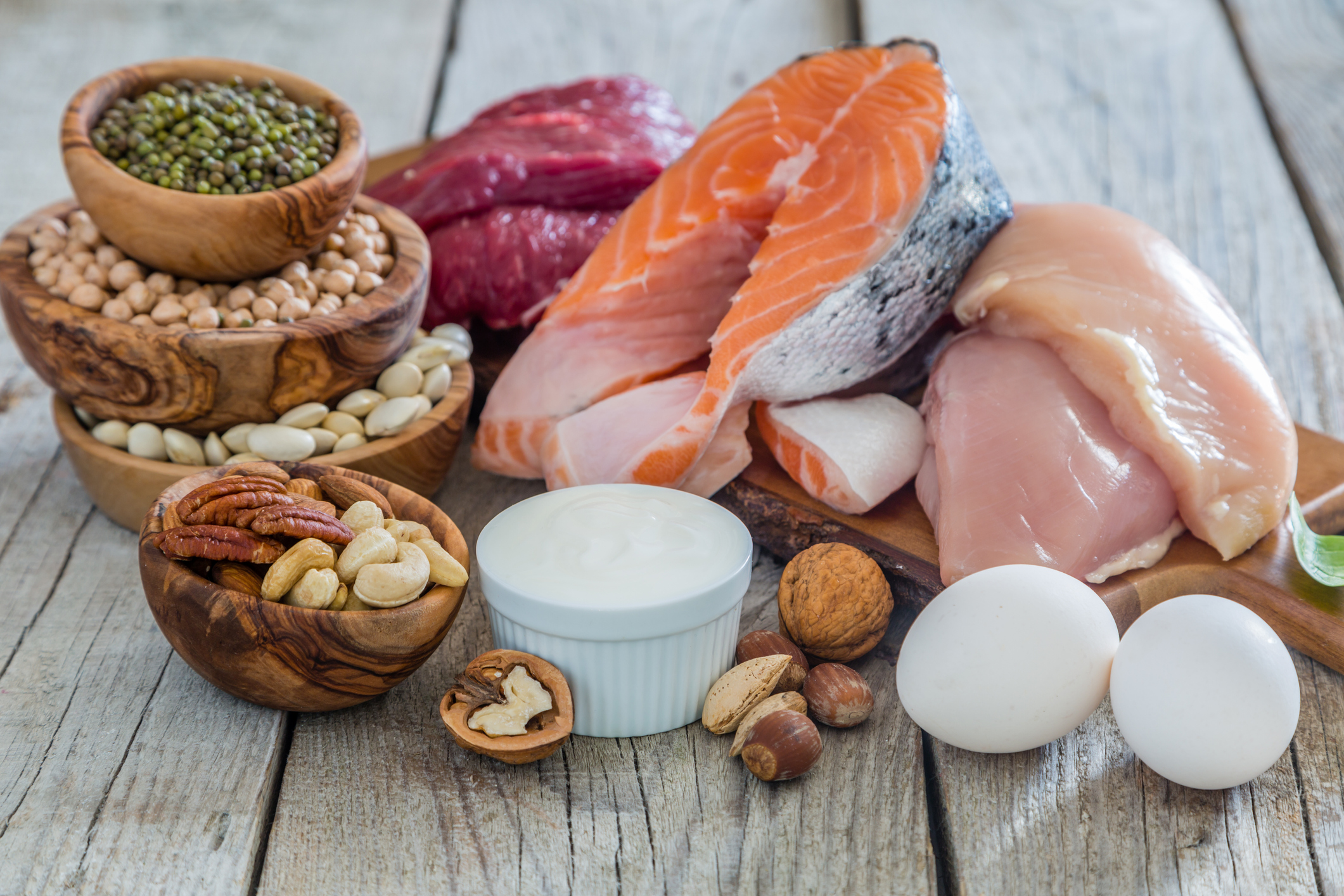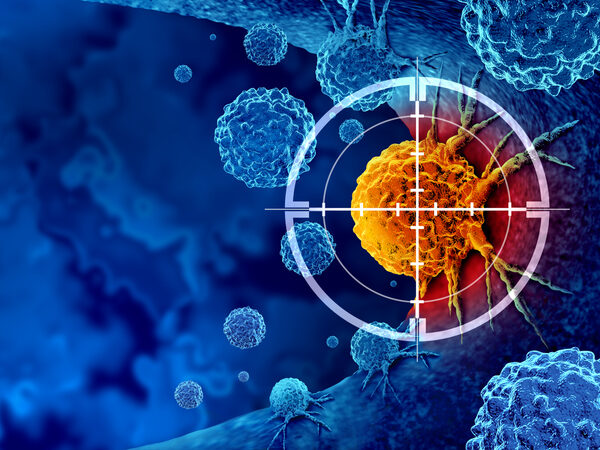As we age, a nutritious, healthy diet becomes more important to support an active lifestyle, prevent chronic illness, and help avoid cognitive decline. Treating food as medicine is an idea that is gaining wider acceptance among healthcare practitioners and new research is focusing on dietary changes that can support healthy aging. A recent study found that older women are often not getting adequate lean protein in their diet and increasing protein intake could help prevent afib among post-menopausal women.
According to a recent Everyday Health Report, a new study that analyzed data from 99,000 post-menopausal women from the Women’s Health Initiative Randomized Controlled Trials and Observational Study found that nearly a quarter of participants developed atrial fibrillation over a 10 year follow-up period.
The women in the study were placed in one of four groups based on how much protein they ate in a day. Those who ate 10-15 grams more protein than the current recommended servings each day had a significantly lower rate of afib. Women with the lowest protein in their diet had the highest rate of afib.
The risk for afib increases with age and can lead to blood clots, heart failure, stroke, and other heart problems. The symptoms include fatigue, heart palpitations, dizziness, or shortness of breath. It is estimated that about 2.7 million Americans are living with afib and some people may experience no noticeable symptoms.
Lean protein from sources like eggs, fish, or poultry can also help build muscle mass which naturally declines in older age while helping to support weight and fat loss. A higher-protein diet can contribute to more lean muscle mass and a healthy weight reducing the risk for high blood pressure, high cholesterol, diabetes, and heart disease.
How much protein?
Researchers suggest that by eating 10-20 grams more protein each day, women could lower their risk for afib. And it isn’t that much – four ounces of a healthy protein like a chicken breast, salmon, a cup of low-fat Greek yogurt, or two eggs will do the trick. It’s important that the source of protein is healthy and low in saturated fat, cholesterol, and sugar.






Add Your Voice
0 Comments
Join the Discussion